Find Help
More Items From Ergsy search
-
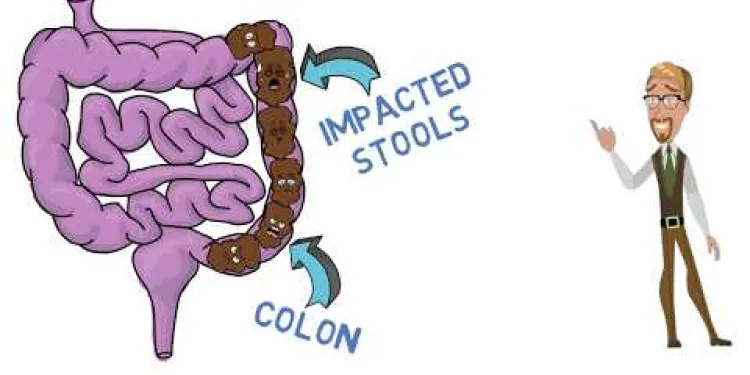
The effective treatment of childhood constipation according to NICE guidelines.
Relevance: 100%
-
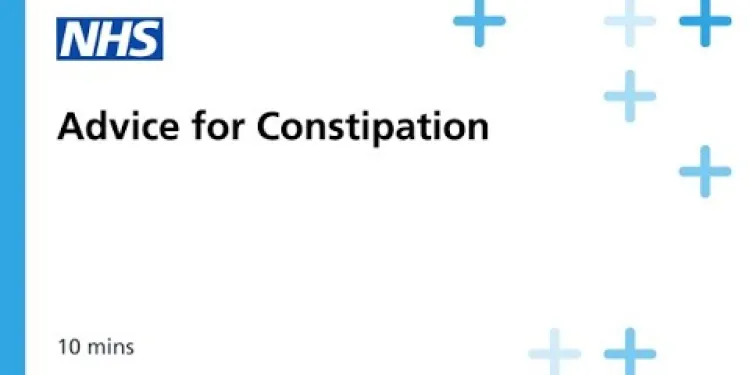
Constipation: Tips for those suffering with constipation
Relevance: 96%
-
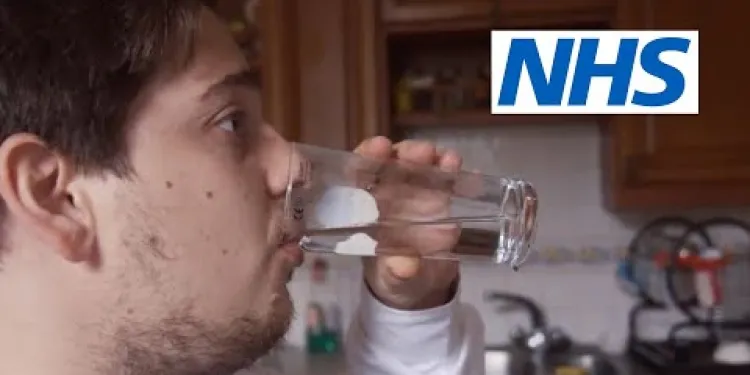
How to treat constipation | NHS
Relevance: 82%
-
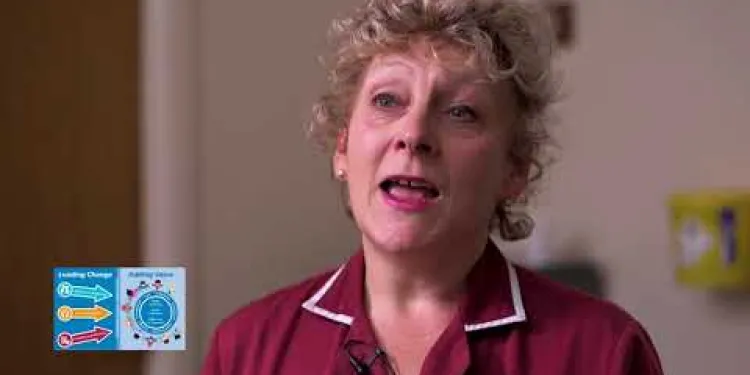
Sandwell and West Birmingham Hospitals NHS Trust – Faecal Incontinence and Constipation Healthcare
Relevance: 73%
-
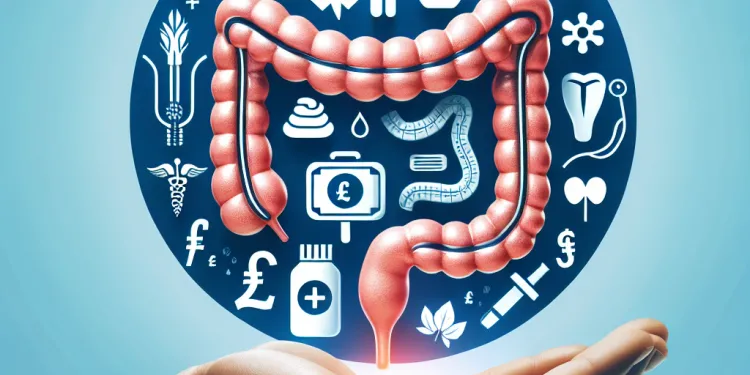
What are the side effects of bowel cancer treatment?
Relevance: 43%
-
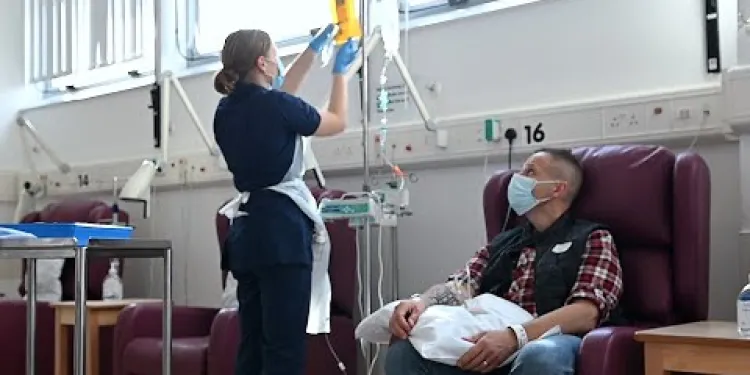
Having chemotherapy and other treatments in the Day Treatment Unit
Relevance: 37%
-
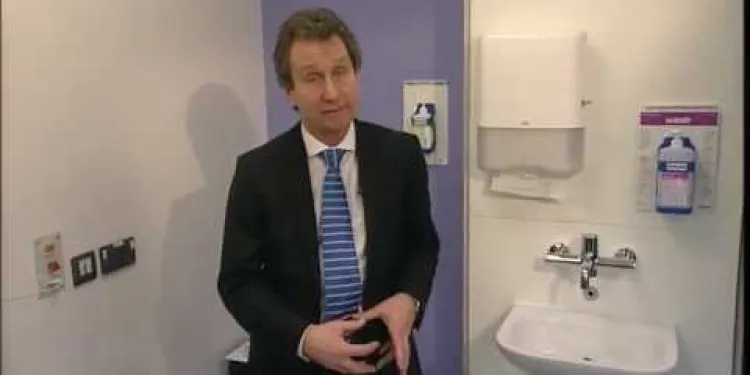
Hernias and their Treatments - A guide for patients
Relevance: 37%
-

What are the side effects of Paillon treatment?
Relevance: 37%
-

Is there a treatment for measles?
Relevance: 37%
-

Is there a treatment for measles?
Relevance: 36%
-
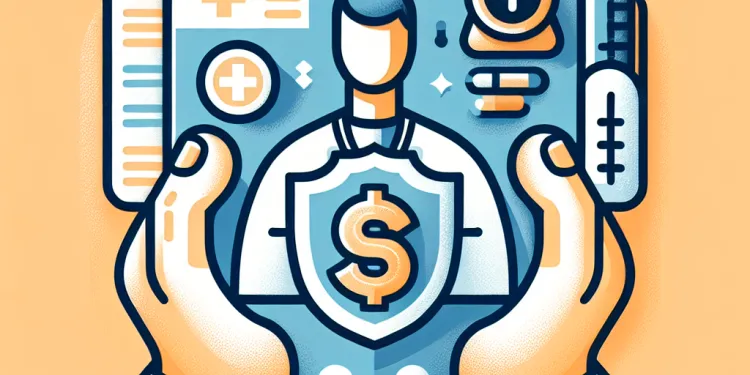
Are chiropractic treatments safe?
Relevance: 36%
-

Is Botox treatment expensive?
Relevance: 36%
-
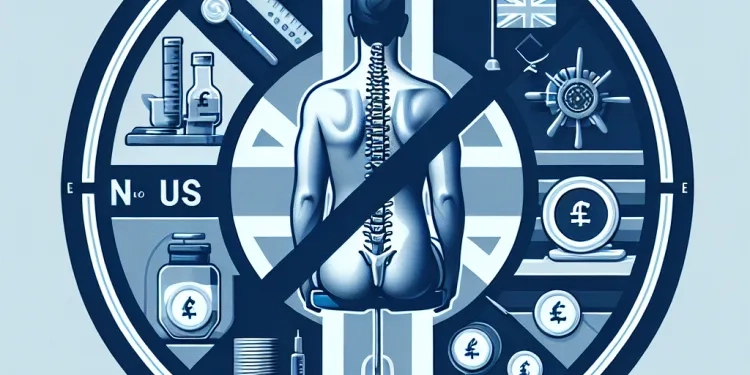
Are chiropractic treatments painful?
Relevance: 36%
-
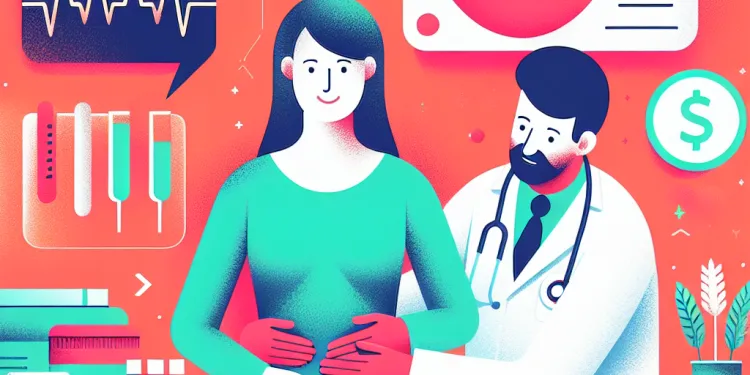
What is the treatment for appendicitis?
Relevance: 35%
-
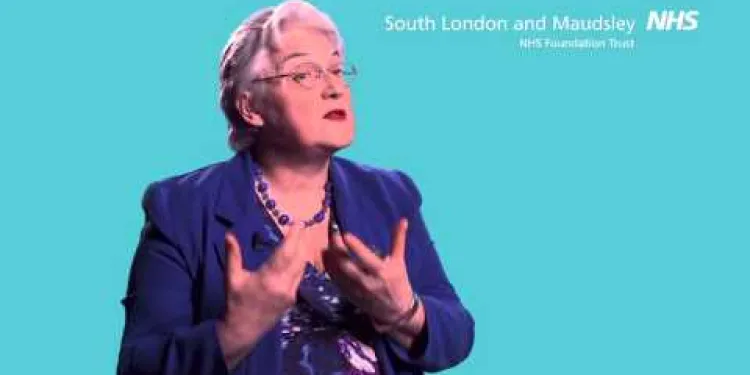
Eating disorders: treatment
Relevance: 35%
-

Is Paillon treatment a form of chemotherapy?
Relevance: 34%
-

What is Paillon treatment for cancer?
Relevance: 34%
-

Who developed the Paillon treatment?
Relevance: 34%
-

How is Paillon treatment administered?
Relevance: 34%
-
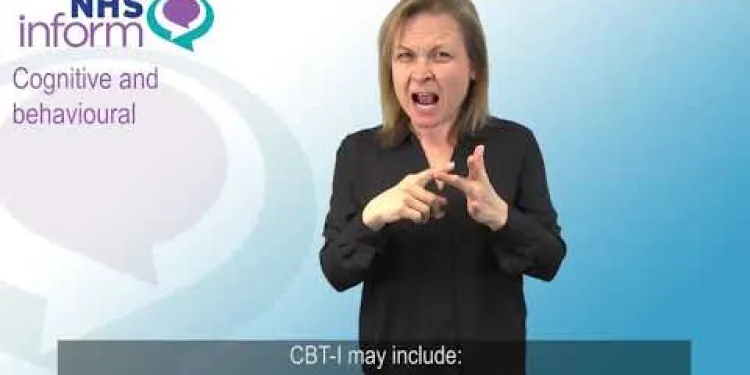
BSL - Treatments for insomnia
Relevance: 34%
-
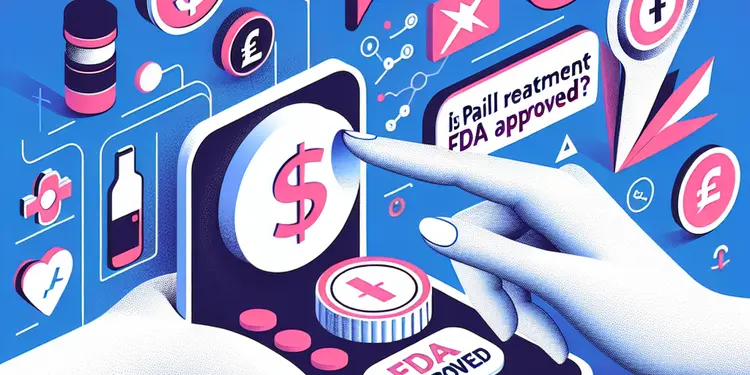
Is Paillon treatment FDA approved?
Relevance: 34%
-

Is a prescription required for Paillon treatment?
Relevance: 34%
-

Fertility treatments on the up, but not via the NHS
Relevance: 34%
-

What are topical treatments for psoriasis?
Relevance: 34%
-

What treatments are available for eczema?
Relevance: 34%
-

What is the treatment for chickenpox?
Relevance: 34%
-

Are homeopathic treatments covered by the NHS?
Relevance: 34%
-

Are inhalers the only treatment for asthma?
Relevance: 33%
-
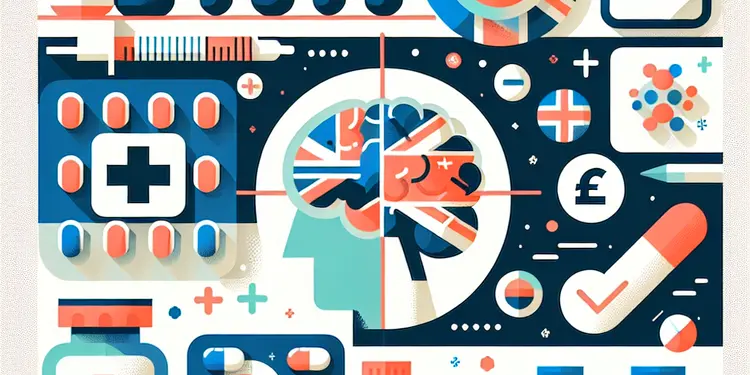
What is the treatment for bacterial meningitis?
Relevance: 33%
-

What are common treatments for ADHD?
Relevance: 33%
-
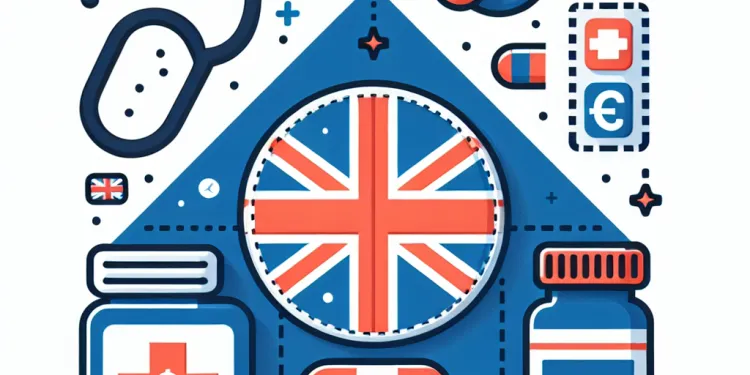
What treatments are available for shingles?
Relevance: 33%
-

What treatments are available for shingles?
Relevance: 33%
-

What are the treatment options for BPH?
Relevance: 33%
-

What treatments are available for obesity?
Relevance: 33%
-

The treatment approach for an eating disorder
Relevance: 33%
-
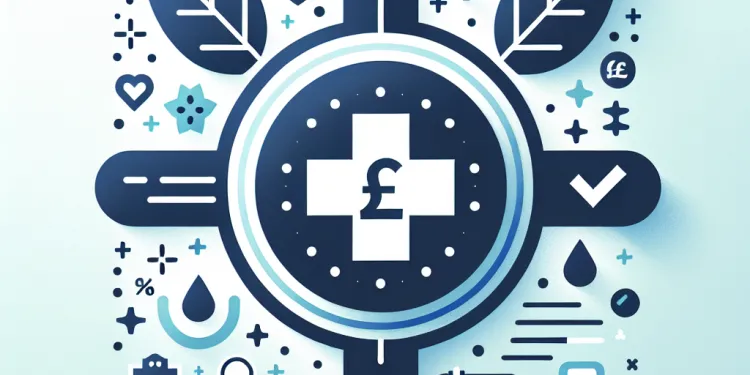
Are there treatments for West Nile Virus?
Relevance: 33%
-
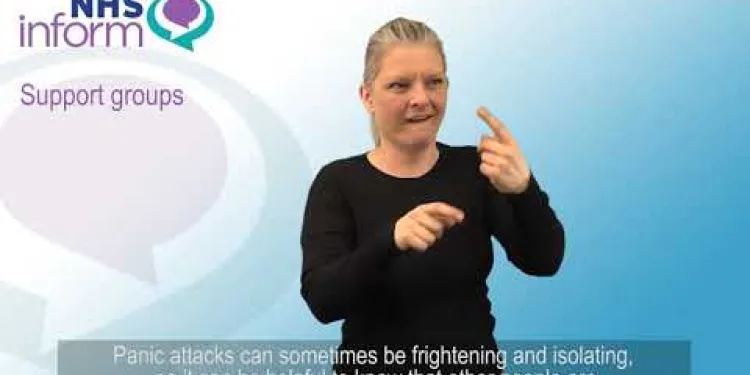
BSL - Treatment of panic disorder
Relevance: 33%
-

What treatments are available for hypotony?
Relevance: 33%
-
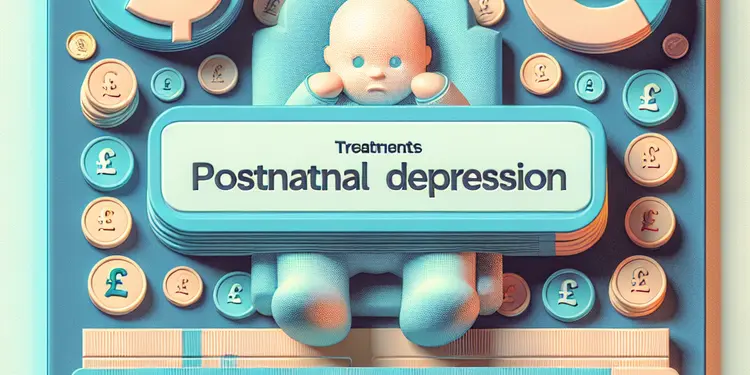
Are there treatments available for postnatal depression?
Relevance: 33%
-

What are the success rates of Paillon treatment?
Relevance: 32%
How to Treat Constipation
Constipation is a common condition that affects people of all ages. It can mean that you're not passing stools regularly or you're unable to completely empty your bowel. This guide, based on the NHS recommendations, provides insights on how to manage and alleviate constipation effectively.
Increase Your Fibre Intake
One of the primary ways to treat constipation is by increasing your fibre intake. Fibre adds bulk to your stool and helps it pass through your digestive system more easily. Foods rich in fibre include:
- Wholemeal bread
- Brown rice
- Fruit and vegetables
- Beans and lentils
- Nuts and seeds
Aim for at least 30 grams of fibre a day. Introduce fibre gradually to prevent bloating and gas.
Stay Hydrated
Drinking plenty of fluids can help soften your stools. Water is the best choice, but other options such as herbal teas and diluted fruit juices can also be beneficial. It's recommended to drink 6-8 glasses of fluid daily.
Exercise Regularly
Physical activity encourages bowel movement by increasing muscle activity in your intestines. Regular exercise such as walking, cycling, or swimming can significantly reduce the risk of constipation. Aim to be active for at least 150 minutes a week.
Establish a Routine
Try to set a regular time each day for bowel movements, especially after meals. Listen to your body and go to the toilet when you feel the urge. Avoid delaying this, as it can lead to constipation. Ensure you have enough time to pass stools comfortably without feeling rushed.
Consider Over-the-Counter Remedies
If lifestyle changes are insufficient, over-the-counter remedies may be helpful. Laxatives can be used on a short-term basis, but it's important to use them as a last resort and not rely on them regularly. Options include:
- Bulk-forming laxatives
- Osmotic laxatives
- Stimulant laxatives
Consult with a pharmacist or GP for advice on the most suitable option for you.
When to Seek Medical Advice
If you’ve tried the above methods and still experience constipation, or if you experience symptoms such as severe pain or blood in your stools, it’s essential to seek medical advice. Chronic constipation can sometimes indicate an underlying health issue that needs to be addressed by a healthcare professional.
For more detailed advice, visit the NHS website or consult your GP.
How to Treat Constipation
Constipation means you might have trouble going to the toilet. It is common and can happen to anyone. This guide helps you learn how to feel better if you are constipated.
Eat More Fibre
Eating more fibre can help. Fibre makes stools bigger and easier to pass. Here are some foods with lots of fibre:
- Wholemeal bread
- Brown rice
- Fruit and vegetables
- Beans and lentils
- Nuts and seeds
Try to eat 30 grams of fibre each day. Add fibre slowly to avoid feeling gassy.
Drink Enough Water
Drinking water makes stools softer. Water is best, but you can also have herbal teas or fruit juices. Try to drink 6-8 glasses of fluid each day.
Move Your Body
Exercise helps your tummy work better. Activities like walking, cycling, or swimming can help you avoid constipation. Try to exercise for 150 minutes a week.
Go to the Toilet Regularly
Try to go to the toilet at the same time every day, like after meals. When you feel the need to go, don’t wait. Take your time and don’t rush.
Try Medicine for Constipation
If these changes do not help, you can use medicine from the pharmacy. Laxatives can help but should only be used for a short time. Some types of laxatives are:
- Bulk-forming laxatives
- Osmotic laxatives
- Stimulant laxatives
Ask a pharmacist or doctor which type is best for you.
When to Talk to a Doctor
If you still feel constipated or have pain or blood in your stools, talk to a doctor. It might be a sign of another problem that needs attention.
For more help, visit the NHS website or talk to your doctor.
Frequently Asked Questions
What is constipation?
Constipation is a common condition that affects people of all ages. It can mean that you're not passing stools regularly or you're unable to completely empty your bowel.
What are the symptoms of constipation?
Symptoms of constipation include infrequent bowel movements, hard or small stools, straining to have bowel movements, a sense that you haven't fully emptied your bowels, and sometimes stomach pain.
What causes constipation?
Constipation can be caused by a variety of factors including a lack of dietary fibre, insufficient fluid intake, lack of physical activity, certain medications, and ignoring the urge to pass stools.
How can I prevent constipation?
To prevent constipation, eat a balanced diet with plenty of fibre from fruits, vegetables, and whole grains, drink plenty of fluids, stay active, and go to the toilet when you feel the urge.
What should I eat to help relieve constipation?
Eating high-fibre foods such as fruits, vegetables, beans, whole grains, and nuts can help. Prunes and prune juice are also particularly effective.
How much water should I drink to help with constipation?
Aim to drink at least 6 to 8 glasses of fluids a day. Water and clear soups are good choices.
Are there specific exercises that can help relieve constipation?
Regular physical activity can help stimulate intestinal function. Even a daily walk or a run can help.
What should I do if dietary changes and exercise don’t help my constipation?
If dietary changes and exercise are not effective, you may consider over-the-counter laxatives, but it is best to consult a healthcare professional before starting any medication.
Is it safe to use laxatives regularly?
Regular use of laxatives is not generally recommended without medical advice as it can lead to dependency or mask underlying conditions.
Can stress cause constipation?
Yes, stress can affect your digestive system and contribute to constipation. Relaxation techniques and managing stress can help improve bowel function.
What medications can cause constipation?
Certain medications including painkillers (especially opioids), antacids containing aluminium or calcium, antidepressants, and iron supplements can cause constipation.
Should I see a doctor for constipation?
You should see a doctor if you experience severe pain, unexplained weight loss, or if dietary and lifestyle changes do not improve your symptoms. Also, if there is blood in your stools, seek medical help.
Can children get constipated?
Yes, children can experience constipation, often due to dietary issues, lack of fluid intake, or anxiety related to toilet training or other factors.
Are there any complications associated with constipation?
Chronic constipation can lead to complications such as haemorrhoids, anal fissures, or in severe cases, faecal impaction which may require medical intervention.
Can constipation be a sign of a more serious health condition?
Yes, constipation can sometimes indicate underlying health conditions such as hypothyroidism, diabetes, irritable bowel syndrome (IBS), or colorectal cancer. Persistent constipation should be evaluated by a healthcare professional.
What is constipation?
Constipation means it's hard to poop. Your poop might be dry or lumpy, and you might not go to the toilet very often.
Here are some tips to help if you have constipation:
- Drink lots of water.
- Eat fruits like apples and pears.
- Eat vegetables like carrots and broccoli.
- Go for a walk or move around a bit.
If it's hard to fix the problem, talk to a doctor. They can help you feel better.
Constipation is when it's hard to poo or you can't poo often enough. It can happen to anyone, no matter their age. Sometimes, it means you don't go to the toilet as often as you should, or you can't finish going to the toilet properly.
Here are some tips to help:
- Drink plenty of water.
- Eat fruits and vegetables.
- Try to be active every day.
- If you need help, you can ask a doctor.
What happens when you are constipated?
Constipation means it is hard to poo, or you do not poo often. Here are some things that might happen:
- You might have a tummy ache.
- You might feel full all the time.
- It might be hard to poo, or the poo is hard and dry.
- You might not want to eat much.
- You might not poo for a few days.
If you think you are constipated, here are some things that can help:
- Drink more water.
- Eat fruits and vegetables.
- Move around and play more.
- Try to go to the toilet when you feel like you need to.
Remember, if you are worried, you can talk to an adult or a doctor.
If you are constipated, you might:
- Not poop very often
- Have hard or little poops
- Find it hard to poop
- Feel like you still need to poop even after you go
- Sometimes have a tummy ache
If you have these signs, drinking more water might help. Eating fruits and veggies can help too.
What makes it hard to poo?
Constipation means having trouble going to the toilet for a poo. It can happen for many reasons.
Here are some things that can cause constipation:
- Not eating enough fruits and vegetables.
- Not drinking enough water or other drinks.
- Not moving around or exercising enough.
- Some medicines can also make it hard to poo.
- Not going to the toilet when you feel you need to.
If you have trouble with constipation, here are some things that might help:
- Eat more fruits, vegetables, and whole grains.
- Drink more water.
- Try to move around or exercise every day.
- Tell your doctor if you think your medicine might be causing constipation.
- Go to the toilet when you feel like you need to poo.
How can I stop feeling backed up?
Feeling backed up means it’s hard to go to the toilet for a poo. Here are some ways to stop it:
- Drink water: Try to drink lots of water every day. Water helps your poo stay soft.
- Eat fruits and vegetables: Fruits and veggies have fiber, which helps you go to the toilet more easily.
- Move your body: Playing and exercising can help your tummy feel better.
- Go when you need to: If you feel the need to poo, try not to hold it in. Go to the toilet when you first feel you need to.
If it’s still hard to poo, talk to a grown-up or a doctor. They can help.
To stop constipation, eat different foods. Try to eat lots of fruits, veggies, and whole grains. Drink lots of water. Move around a lot each day. Go to the toilet when you feel you need to go.
What foods can help when I can't poo?
Eating foods with lots of fiber can help. Fiber is a part of food that helps you go to the bathroom easily. Foods like fruits, vegetables, beans, whole grains, and nuts have lots of fiber. Prunes and prune juice work really well, too.
How much water should I drink if I can't poo?
Try to drink 6 to 8 cups of drinks each day. Water and see-through soups are good options.
Can some exercises help if you can't poo?
Doing certain exercises might help you go to the toilet if you can't poo. Moving your body can make your tummy work better. Here are a few easy exercises you can try:
- Walking: Go for a short walk. Walking can help your tummy feel better.
- Stretches: Try stretching your arms and legs. It feels good and can help you poo.
- Gentle yoga: You can do simple yoga poses. Find a video online to follow.
Remember to drink water and eat lots of fruits and veggies. They help your tummy too!
If you're still having trouble, talk to a grown-up or a doctor.
Moving your body can help your tummy work better. Taking a walk or going for a run every day can help a lot.
What can I do if changing my food and exercise isn't helping my constipation?
If eating different foods and moving your body more doesn't help you go to the toilet, here are some things you can try:
- Talk to a doctor or nurse: They can give you advice that is just right for you.
- Medicine: A doctor might give you a special medicine to help.
- Drink more water: Water helps keep your body working well.
- Relax: Stress can make constipation worse. Try doing something fun or calming.
You can also ask someone you trust to help read and understand this information with you. It's okay to ask for help!
If eating the right foods and moving your body don’t help, you can try taking special medicine called laxatives that you can buy at the store. But it’s a good idea to talk to a doctor or nurse before you start taking them.
Are laxatives safe to use all the time?
Using laxatives too often is not a good idea unless a doctor says it is okay. It can make your body rely on them too much or hide other health problems.
Can stress make it hard to poop?
Yes, feeling stress can make it hard for your tummy to work properly. It can make you constipated, which means it's hard to poop. Doing things to relax and feel calm can help your tummy work better.
What medicines can make it hard to poop?
Some medicines can make it hard to poo. These include pain pills like opioids, some antacids that have aluminium or calcium, pills for feeling sad (antidepressants), and iron pills.
When should I see a doctor for constipation?
Are you having trouble going poop? This is called constipation. Sometimes it’s normal, but here’s how to know when to see a doctor:
- If you have not pooped in a few days and your tummy hurts.
- If pooping is very painful.
- If you see blood in your poop.
- If you feel sick or have a fever.
If you are still unsure, you can use a calendar to mark the days you poop. This will help you see if there is a pattern. Also, drinking more water and eating fruits and vegetables can help.
Remember, it's always okay to ask a parent or caregiver for help when you feel unsure.
Go to the doctor if you have really bad pain, lose weight without trying, or if eating better and changing your habits don't help you feel better. Also, see a doctor if you find blood in your poop.
Can kids have trouble going poop?
Yes, kids can have trouble going to the toilet. This can happen if they don't eat the right foods, don't drink enough water, or feel worried about using the toilet.
What problems can happen if you have trouble going to the toilet?
If you are often constipated, it can cause problems. You might get sore or swollen veins in your bottom, called piles. You could get small tears in your skin there, too. Sometimes, when it is really bad, your poop gets stuck inside, and you might need a doctor to help.
Can being constipated mean something more serious?
If you can't poo often, it is called constipation. Sometimes, it can mean your tummy is sick.
If you feel something is wrong, tell a grown-up or a doctor. They can help you feel better.
Try drinking more water and eating fruits and veggies to help you poo.
If it still hurts, ask someone you trust for help.
Yes, if you are often constipated, it might mean you have another health problem. Some reasons could be an underactive thyroid, diabetes, irritable bowel syndrome (IBS), or bowel cancer. If you keep having trouble going to the toilet, you should see a doctor.
Useful Links
Have you found an error, or do you have a link or some information you would like to share? Please let us know using the form below.
-->
This website offers general information and is not a substitute for professional advice.
Always seek guidance from qualified professionals.
If you have any medical concerns or need urgent help, contact a healthcare professional or emergency services immediately.
Some of this content was generated with AI assistance. We’ve done our best to keep it accurate, helpful, and human-friendly.
- Ergsy carfully checks the information in the videos we provide here.
- Videos shown by Youtube after a video has completed, have NOT been reviewed by ERGSY.
- To view, click the arrow in centre of video.
- Most of the videos you find here will have subtitles and/or closed captions available.
- You may need to turn these on, and choose your preferred language.
- Go to the video you'd like to watch.
- If closed captions (CC) are available, settings will be visible on the bottom right of the video player.
- To turn on Captions, click settings .
- To turn off Captions, click settings again.
More Items From Ergsy search
-

The effective treatment of childhood constipation according to NICE guidelines.
Relevance: 100%
-

Constipation: Tips for those suffering with constipation
Relevance: 96%
-

How to treat constipation | NHS
Relevance: 82%
-

Sandwell and West Birmingham Hospitals NHS Trust – Faecal Incontinence and Constipation Healthcare
Relevance: 73%
-

What are the side effects of bowel cancer treatment?
Relevance: 43%
-

Having chemotherapy and other treatments in the Day Treatment Unit
Relevance: 37%
-

Hernias and their Treatments - A guide for patients
Relevance: 37%
-

What are the side effects of Paillon treatment?
Relevance: 37%
-

Is there a treatment for measles?
Relevance: 37%
-

Is there a treatment for measles?
Relevance: 36%
-

Are chiropractic treatments safe?
Relevance: 36%
-

Is Botox treatment expensive?
Relevance: 36%
-

Are chiropractic treatments painful?
Relevance: 36%
-

What is the treatment for appendicitis?
Relevance: 35%
-

Eating disorders: treatment
Relevance: 35%
-

Is Paillon treatment a form of chemotherapy?
Relevance: 34%
-

What is Paillon treatment for cancer?
Relevance: 34%
-

Who developed the Paillon treatment?
Relevance: 34%
-

How is Paillon treatment administered?
Relevance: 34%
-

BSL - Treatments for insomnia
Relevance: 34%
-

Is Paillon treatment FDA approved?
Relevance: 34%
-

Is a prescription required for Paillon treatment?
Relevance: 34%
-

Fertility treatments on the up, but not via the NHS
Relevance: 34%
-

What are topical treatments for psoriasis?
Relevance: 34%
-

What treatments are available for eczema?
Relevance: 34%
-

What is the treatment for chickenpox?
Relevance: 34%
-

Are homeopathic treatments covered by the NHS?
Relevance: 34%
-

Are inhalers the only treatment for asthma?
Relevance: 33%
-

What is the treatment for bacterial meningitis?
Relevance: 33%
-

What are common treatments for ADHD?
Relevance: 33%
-

What treatments are available for shingles?
Relevance: 33%
-

What treatments are available for shingles?
Relevance: 33%
-

What are the treatment options for BPH?
Relevance: 33%
-

What treatments are available for obesity?
Relevance: 33%
-

The treatment approach for an eating disorder
Relevance: 33%
-

Are there treatments for West Nile Virus?
Relevance: 33%
-

BSL - Treatment of panic disorder
Relevance: 33%
-

What treatments are available for hypotony?
Relevance: 33%
-

Are there treatments available for postnatal depression?
Relevance: 33%
-

What are the success rates of Paillon treatment?
Relevance: 32%


